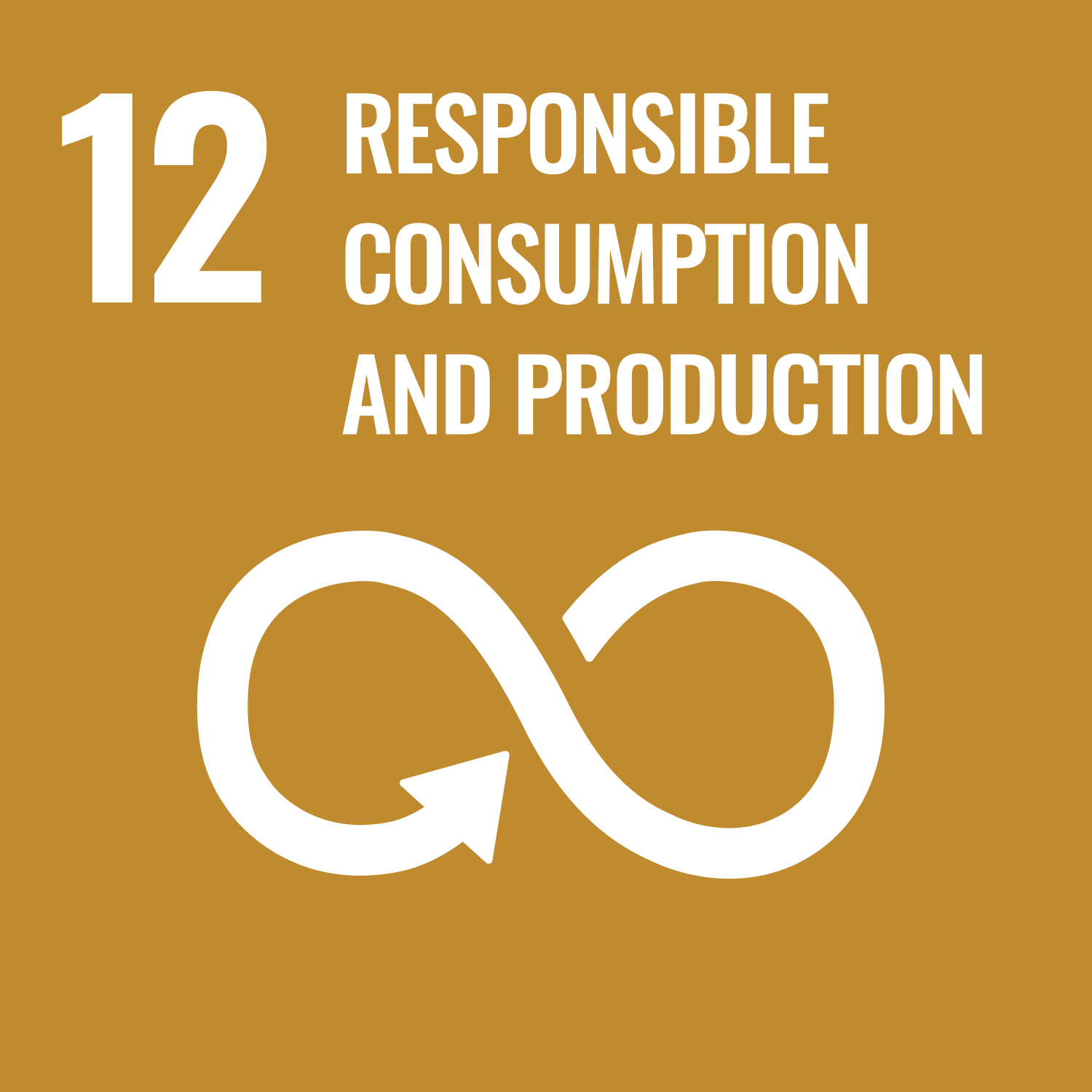ORCID
- J Lowther: 0000-0002-8205-1842
Abstract
Hazardous waste exports are, rightly, the subject of a significant and complex legal regime operating at levels from international through to domestic law. A murky history of developed countries exporting waste to their less developed counterparts prompted the development and agreement of the Basel Convention on Control of Transboundary Movements of Hazardous Wastes and their Disposal.1 This Convention has a broad constituency for an international environmental law instrument, having almost universal membership.2 Amendments and protocols to enhance the basic obligations in the Convention have been adopted, including the Liability Protocol and the Basel Ban amendment, which applies in the main to countries within the Organisation for Economic Cooperation and Development (OECD).3 The Basel Ban is incorporated into the EU’s own measure, Regulation 1013/2, which both implemented the basic Convention as well as incorporating additional layers, such as the Basel Ban, for the Member States to comply with.4 The detail of the EU Regulation is replicated in UK law. At its heart, the regime is about preventing hazardous waste shipments to non-OECD countries for disposal, as well as and reuse and recycling, unless the waste falls within certain categories. For a long time, recyclables exempt from the prohibited categories have been exported to countries in Africa, South-east Asia, Latin America and, more recently, Turkey, for processing.5 With depressing regularity, shipments have been intercepted and/or returned from destination countries having been mislabelled as recyclables when in fact the materials were contaminated and/or effectively destined for disposal in situations where that would be in neither the interests of human health nor the environment. The English courts have been involved in a number of cases in recent years, determining the application of the Transfrontier Shipment of Waste Regulations 2007 (the TSF Regulations), as the Environment Agency has been in the vanguard of efforts to target waste export offences.6 The significance of waste offence and impacts of improper management or disposal this year became the subject of a government task force, the Joint Unit for Waste Crime.7 While the principal focus is organised criminality, the serious nature of waste crime is reflected in the statement of its operational aims. It is against the backdrop of this regulatory regime that the instant case was determined.
Publication Date
2021-01-01
Publication Title
Environmental Law and Management
Volume
31
Issue
6
ISSN
1067-6058
Acceptance Date
2021-05-11
Deposit Date
2021-09-08
Embargo Period
2024-03-23
Creative Commons License

This work is licensed under a Creative Commons Attribution-NonCommercial-No Derivative Works 4.0 International License.
Recommended Citation
Lowther, J. (2021) 'Illegal waste exports: misdescription at point of export', Environmental Law and Management, 31(6). Retrieved from https://pearl.plymouth.ac.uk/sc-research/80


